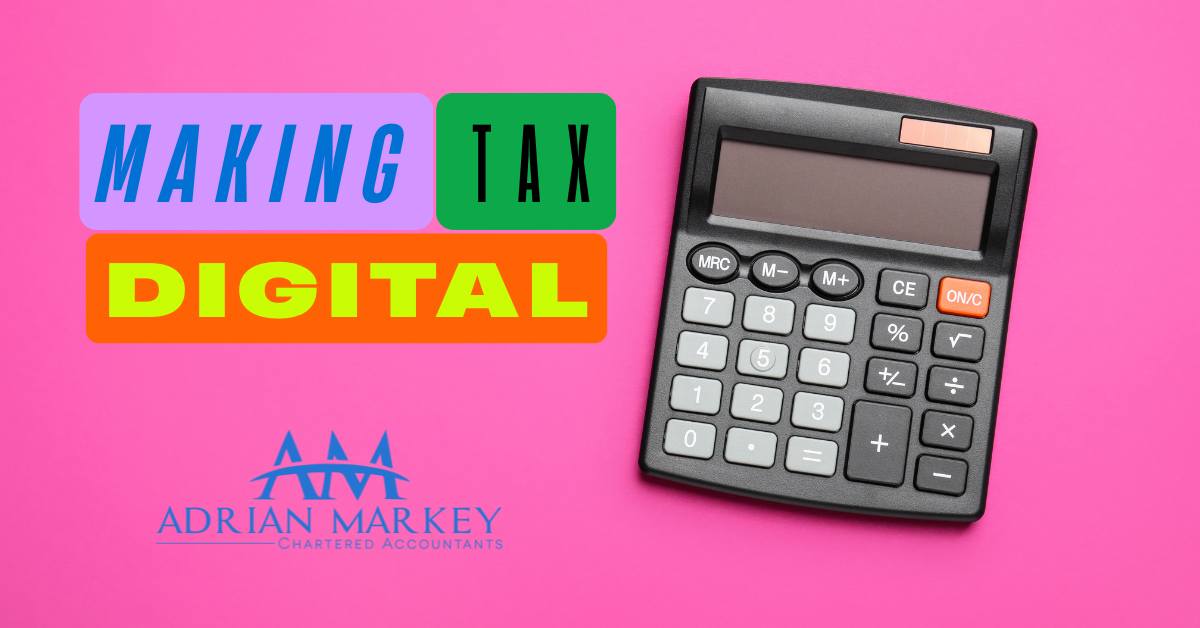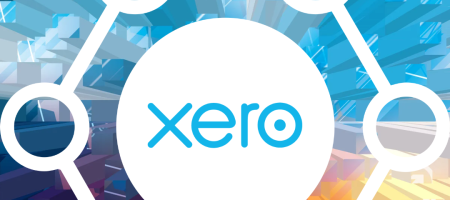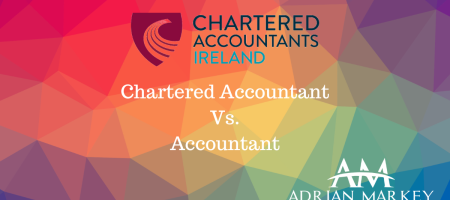From April 2026, big changes are coming to the way many self-employed people and landlords report their income to HMRC. The Making Tax Digital for Income Tax Self Assessment (MTD ITSA) system will replace the traditional Self-Assessment tax return for those above certain income thresholds.
Instead of submitting one yearly return, you’ll be required to keep digital records and send updates to HMRC every quarter. Below, we’ve set out who will be affected, what counts as income for these purposes, and how Self-Assessment will change.
Who will be affected from April 2026?
- You will need to use MTD ITSA if your gross income from self-employment and/or property is more than £50,000 per year.
- HMRC will look at your income in the 2024/25 tax year (6 April 2024 – 5 April 2025).
- If your income exceeds £50,000 in that year, you must follow the MTD rules from 6 April 2026.
- Those with income between £30,000 and £50,000 will join from April 2027.
- Those with income above £20,000 will join in April 2028
What does “gross income” mean?
- Gross income is your total income before any expenses are deducted.
- It is not your profit and it is not your taxable income after allowances.
Examples:
- A sole trader with £70,000 in sales and £20,000 expenses has a gross income of £70,000.
- A landlord with £15,000 rental receipts and £5,000 expenses has a gross income of £15,000.
Does all income count towards the £50,000 threshold?
- Included:
- Self-employment income (turnover).
- UK and overseas property income (rental receipts before expenses).
- If you have both, they are added together (e.g. £40,000 trade + £15,000 rental = £55,000 → in scope).
- Not included:
- Employment income.
- Pensions.
- Dividends.
- Savings interest.
Only self-employment and property income are tested against the £50,000 threshold.
Will I still need to do a Self-Assessment return?
- If your only income is from self-employment and/or property, and it is all reported via MTD ITSA, you will no longer need to file a Self-Assessment tax return.
- If you have other types of income (e.g. dividends, interest, foreign income, capital gains), you will still need to report these as part of your final submission.
HMRC has indicated that:
- Your business and property income will be handled through MTD software.
- Your other income will still need to be reported — likely through a simplified annual return, or a continuation of Self-Assessment for non-MTD income.
- You will not need to re-enter business/property figures manually; they will be pulled in via your digital updates.
What will I need to do under MTD ITSA?
- Keep digital records (using approved accounting software).
- Submit quarterly updates to HMRC.
- File an End of Period Statement (EOPS) for each business/property.
- Complete a Final Declaration to confirm all income and allowances each year.
Are there any exemptions?
You may not need to comply if:
- You are digitally excluded (e.g. due to age, disability, or lack of internet access).
- You are in insolvency or subject to other HMRC exemptions.
Common Questions
Q: What if my income fluctuates year to year?
The test is based on your income in 2024/25. Even if you drop below £50,000 later, once you are in scope you remain in MTD unless you fall below the threshold for three consecutive years.
Q: What software will I need?
HMRC requires you to use compatible accounting software. We can recommend and set up the best option for your business.
Q: Can my accountant handle this for me?
Yes — we can manage the digital submissions and ensure you stay compliant.
Next Steps
We will be reviewing 2024/25 income for all clients and confirming who will be affected. If you are above the £50,000 threshold, we will guide you through the transition — including software setup, record-keeping, and what this means for your wider tax reporting.
If you’re unsure whether you’ll be affected by MTD ITSA, get in touch with our team today. We’ll help you prepare so you’re ready for April 2026.




